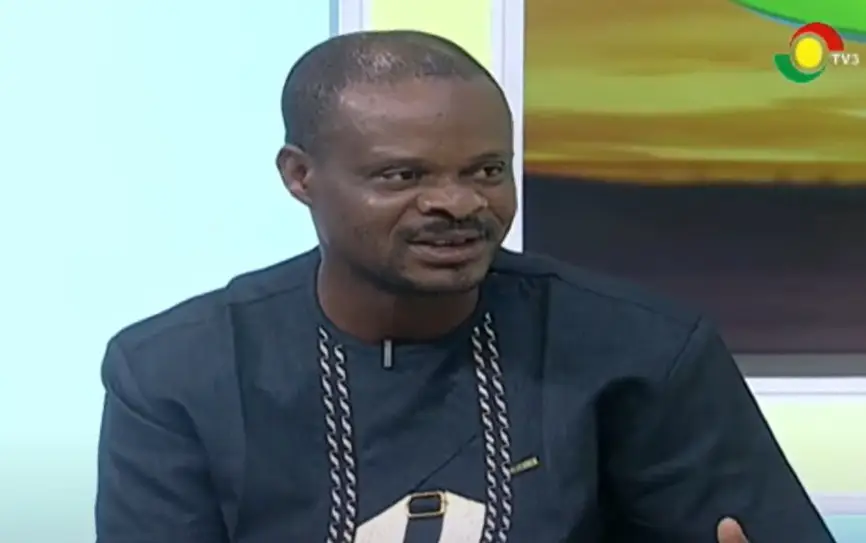The suspension of Chief Justice Gertrude Torkornoo by President Mahama has ignited a heated debate in Ghana, with critics questioning the President’s authority and motives. Professor Justice Moses Aheto, National Deputy Director of Research for the ruling National Democratic Congress (NDC), has staunchly defended the President’s actions, asserting that they are firmly grounded in the 1992 Constitution. He contends that President Mahama is merely adhering to the established constitutional procedures by acting upon a petition filed by individual Ghanaians. Professor Aheto argues that any grievances regarding the process should be addressed through the legal system, emphasizing the availability of the courts to challenge the President’s decision if deemed necessary.
Professor Aheto draws a parallel between President Mahama’s actions and the dismissal of former Electoral Commission (EC) Chair Jean Mensa in 2017 by then-President Akufo-Addo. He recalls Akufo-Addo’s characterization of himself as a “conveying belt,” simply relaying the petition’s contents. Similarly, Professor Aheto posits that President Mahama is acting as a conduit for the concerns raised by the petitioners, fulfilling his constitutional duty. He dismisses allegations of political motivations behind the suspension, asserting that the President is solely discharging his constitutional obligations.
The legal proceedings surrounding the Chief Justice’s suspension have witnessed several twists and turns. Initially, the Supreme Court, in a unanimous decision, dismissed an objection raised by Godfred Dame against Acting Chief Justice Paul Baffoe Bonnie concerning the petition to remove Chief Justice Torkornoo. This decision paved the way for the petition to proceed. However, a subsequent ruling on May 6, 2025, saw the Supreme Court, by a 3-2 majority, reject an application by Vincent Assafuah seeking to halt the suspension process. Justices Mensah Bonsu and Ernest Gaewu dissented from the majority opinion, arguing against the suspension.
Professor Aheto urges the public to respect the due process of law and refrain from prejudging the outcome of the ongoing legal proceedings. He emphasizes the importance of allowing the constitutionally mandated committee tasked with investigating the allegations against the Chief Justice to complete its work unimpeded. He underscores that any attempts to preempt the committee’s findings or the court’s decisions would undermine the integrity of the legal system and the principle of due process.
The unfolding events surrounding the Chief Justice’s suspension raise fundamental questions about the balance of power between the executive, legislative, and judicial branches of government in Ghana. The ongoing debate also highlights the critical role of the constitution in safeguarding the rights and freedoms of all citizens. The outcome of the legal proceedings will undoubtedly have significant implications for the future of the judiciary and the rule of law.
This intricate legal and political saga underscores the importance of transparency, accountability, and adherence to constitutional principles in democratic governance. The case serves as a reminder that public officials, including the president and members of the judiciary, are subject to the law and must act within the confines of their constitutional mandates. The public’s trust in the integrity and impartiality of the legal system is essential for the effective functioning of any democracy. The ongoing developments surrounding the Chief Justice’s suspension will undoubtedly continue to captivate the nation’s attention as the legal process unfolds.


